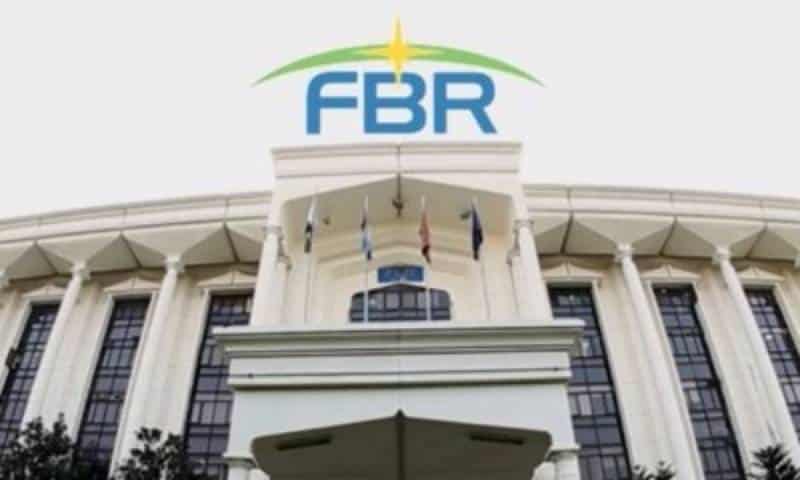ISLAMABAD – The Election Commission of Pakistan (ECP) has instructed the caretaker federal government to refrain from implementing structural reforms within the Federal Board of Revenue (FBR) and to defer the matter to the incoming elected administration.
The ECP emphasized that the caretaker government’s role should be limited to addressing day-to-day governmental functions and avoiding major policy decisions.
This directive from the ECP followed the approval of FBR restructuring and digitization by the federal cabinet, chaired by caretaker Prime Minister Anwaarul Haq Kakar. However, concerns were raised by senior officials and fears were expressed regarding potential conflicts of interest.
The caretaker government’s decision to proceed with FBR restructuring raised questions about its urgency, especially considering the limited timeframe until the general elections on February 8. Despite efforts by PM Kakar to garner support for the reform plan, consensus among cabinet members and stakeholders remained elusive.
Ultimately, while the cabinet approved the reform plan in principle, it was agreed that its implementation and legislation would be deferred to the incoming government.
The Ministry of Finance refrained from issuing any official statement following the ECP’s directive.
The ECP’s letter, addressed to the caretaker prime minister’s secretary, referred to constitutional provisions and relevant laws, including the Elections Act 2017.
It highlighted the limited functions of the caretaker government, as outlined in Section 230 of the Act, which restricts the government from making major policy decisions or decisions that may preempt the authority of the incoming elected government.
In response to the ECP’s directive, the caretaker government was advised to halt major reforms within the FBR and await consideration by the newly elected government after the 2024 general elections.
Meanwhile, Caretaker Minister for Finance Dr Shamshad Akhtar shared the salient features of the reform plan, aiming to increase the FBR’s tax-to-GDP ratio to 18% by FY2029.
Despite the urgency for domestic resource mobilization, concerns persist regarding the declining tax-to-GDP ratio and the challenges faced by the FBR in tapping into tax sources under its jurisdiction.













